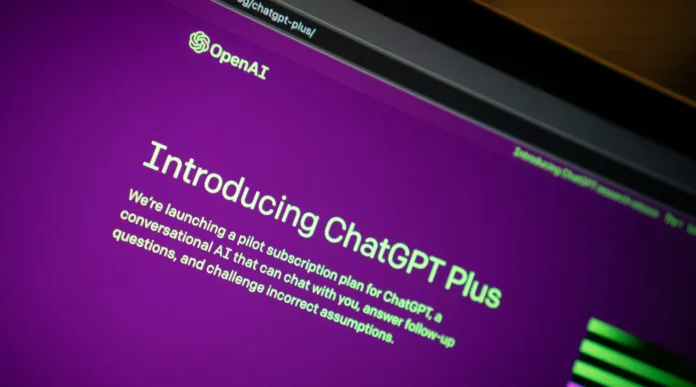OpenAI’s latest innovation, GPT-4o, showcases advanced multimodal interactions, promising significant advancements in AI communication and application
OpenAI has introduced GPT-4o, its most dynamic and versatile iteration to date, designed to seamlessly integrate audio, visual, and textual inputs. This breakthrough was unveiled at OpenAI’s Spring Updates event, attended by a significant online audience. GPT-4o’s capabilities range from realistic emotional simulations to engaging in complex dialogues and providing interactive assistance in real-time scenarios.
Demonstrations of GPT-4o have highlighted its sophisticated design, allowing it to perform a variety of tasks that mimic human-like interactions more closely than ever before. These include making jokes, singing in tune, and recognizing and responding to human emotions and situations dynamically. For instance, GPT-4o can guide a blind man through London streets, detect celebratory occasions like birthdays, and even engage in playful interactions with pets.
Embed from Getty ImagesThe model’s ability to process and respond in real-time to both visual and auditory inputs marks a significant leap forward in AI technology. This has broad implications for various applications, from enhanced personal assistants to more empathetic and responsive customer service bots.
However, reactions to GPT-4o have been mixed. While many celebrate the technological advancements, some critics argue that these features, while impressive, may not yet meet the high expectations set by previous innovations. This split highlights the ongoing debate within the tech community about the practical applications and future potential of generative AI models.
Analysis:
The introduction of GPT-4o represents a significant milestone in the field of AI, particularly in enhancing the interactivity and multimodality of language models. Politically, the development underscores ongoing discussions about AI governance and ethical standards, especially concerning AI’s role in society and individual privacy.
Economically, GPT-4o could revolutionize industries by offering more sophisticated AI tools for businesses, potentially driving growth but also displacing traditional jobs. Sociologically, this model challenges traditional interactions, potentially reshaping how humans relate to technology on a daily basis by providing more personalized and responsive AI experiences.
From a technological standpoint, the capabilities of GPT-4o to interact in a human-like manner using multiple modes of communication may set new standards for what is expected of AI systems, pushing developers to create more advanced, nuanced technologies.
